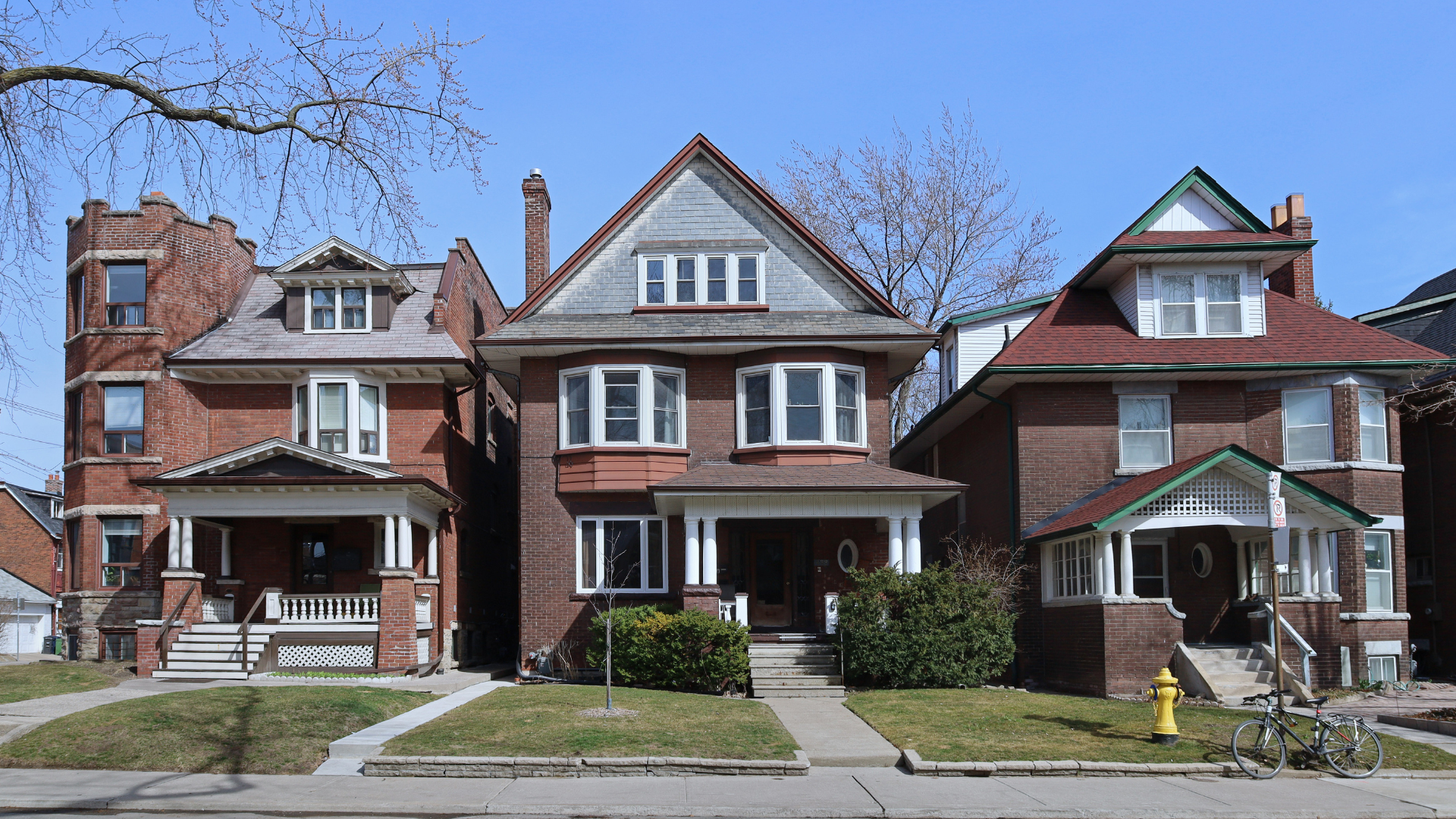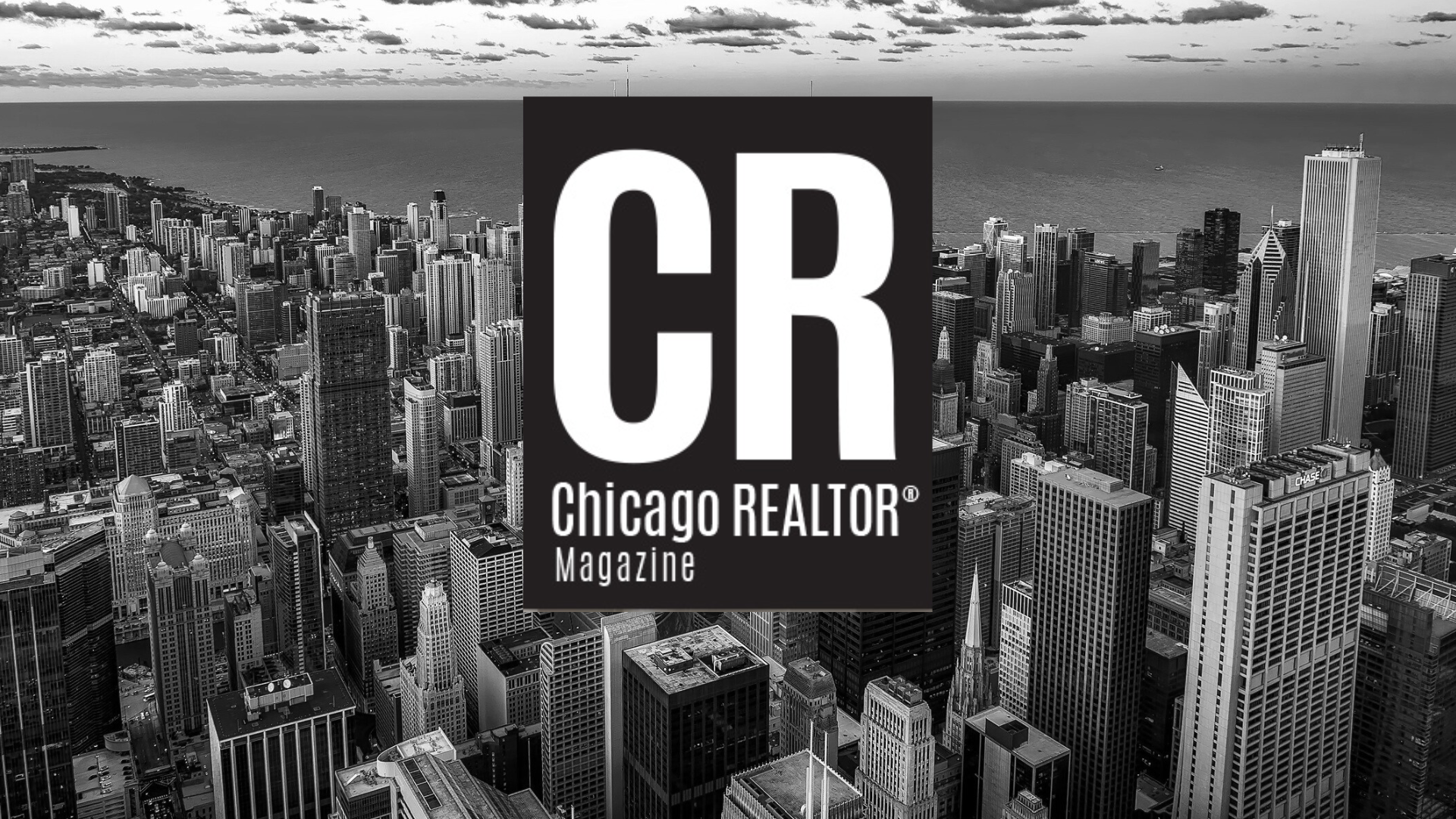TRANSFER TAXES BACK IN THE NEWS
The Real Estate Transfer Tax is imposed when titled real estate property is transferred within the city of Chicago. This spring, the Bring Chicago Home proposal called to more than triple the transfer tax on residential and commercial properties over a million dollars to provide funding for homelessness prevention and services.
The current transfer tax rate is 0.75%, translating to $0.75 per $500 of the property’s purchase price. Coupled with a supplemental tax of $1.50 per $500 to support the Chicago Transit Authority, the total tax is $2.25 per $500. The new proposal would triple the transfer tax rate for homes and commercial properties over $1 million to 2.65%, or $26,500 per million dollars.
While we acknowledge that homelessness is a serious problem in Chicago, we remain committed to opposing increases to the real estate transfer tax. Any increases in real estate taxes or fees increase the cost of the transaction and therefore hinder the transaction. Additionally, transfer taxes are not a reliable source of funding, as the housing market changes and predictions can therefore miss the mark. Transfer taxes are an unreliable and highly unpredictable source of revenue.
We will continue to make our stance known through the media and with our elected officials, and we will keep you apprised as this issue progresses through City Council.
DEPARTMENT OF HOUSING LAUNCHES RIGHT TO COUNSEL PILOT PROGRAM
Chicago’s Department of Housing recently announced a Right to Counsel (RTC) Pilot Program, which provides no-cost legal representation to low-income tenants at risk of or subject to eviction or lockout. Eligible tenants must:
- have a household income of 80% AMI or less
- be a residential tenant
- have a household member who can demonstrate a risk of homelessness or housing instability and a reduction of income due directly or indirectly to the coronavirus pandemic
Program rules have yet to be produced, and as of now, it is unknown how the last two can be proven or refuted. $8 million from the Emergency Rental Assistance Program 2 (ERAP2) will fund the three-year pilot program. A private foundation will fund a formal evaluation of the program to determine if it prevents evictions and establishes benefits for the community, and two legal aid agencies will perform the services.
NEW AMENDMENTS EXPECTED FOR THE RLTO
Later this year, we expect the city to offer amendments to the Residential Landlord Tenant Ordinance (RLTO). While these amendments will not address “shall” vs. “may,” there are other substantive changes currently being negotiated which, if implemented, will reduce the risk of frivolous class action lawsuits and include a cure period to rectify infractions. Our goal is to keep housing providers out of court. As it stands now, the RLTO encourages lawsuits and, once in court, it is very difficult for housing providers to prevail. We will keep you abreast of any updates at ChicagoREALTOR.com/advocacy.
DEMOLITION COSTS IMPOSED IN PILSEN AND ALONG THE 606
Through the Pilsen & 606 Demolition Anti-Gentrification Ordinance, the city of Chicago proposed a temporary solution for demolitions in Pilsen and along the 606: a demolition surcharge of $15,000 or $5,000 per unit, whichever is greater. We lobbied against this legislation because we oppose fees not specific to building costs, as they strip wealth from homeowners and decrease the number of buyers; still, the ordinance recently passed.
RESULTS OF JUNE PRIMARY TO DETERMINE MANY NOVEMBER OUTCOMES
While as of press, the June Primary had not yet occurred, the results will be very telling for many of our incumbents and challengers, as some positions only have challengers from the same political party. In many cases where districts are heavily stacked with one party, like in Chicago, November’s general election will be insignificant.
This is likely true for two of the three open seats on the Cook County Board, which has enacted sweeping legislation for the real estate industry over the past few years, including the Just Housing Amendment (JHA) and the Residential Tenant and Landlord Ordinance (RTLO).
The other race to watch closely: Cook County Assessor, where Kari Steele, president of the Metropolitan Water Reclamation District, poses a highly competitive challenge for current incumbent Fritz Kaegi.
Join us for the July Coffee with Your GAD to break down the primary election results and what it means for you.
REALTORS® CONTINUE TO SEEK PREDICTABILITY AND TRANSPARENCY IN ASSESSMENTS
Meanwhile, we seek a long-term policy solution to ensure that assessments are predictable and transparent, regardless of who oversees the Cook County Assessor’s Office. Our requests focus on policy solutions, starting with an annual report of valuation data by township being used by the Assessor’s Office. The report would include a public comment period, allowing real estate experts (like REALTORS®) to comment on the data.
We also seek a standardization between the Assessor’s office and the Board of Review (BOR) for property assessment appeals. Currently, property owners and attorneys don’t get access to documentation with the data used in the denial of an appeal. If the Assessor’s office were to provide this, the BOR could make a determination on evidence contradicting data used by the Assessor.
2ND INSTALLMENT PROPERTY TAX BILL DELAYED
Cook County mortgage holders will likely see a delay on their tax bills. As of our press date, the details of the delay weren’t clear; ideally, a timeframe will emerge quickly. As the length of the delay is unknown, depending on the delay, two property tax bills may be due back-to-back. Governments that aren’t flush with federal funding and property owners on a fixed income without a mortgage escrowing property tax will be most vulnerable to financial woes.
Contact Government Affairs DirectorAdriann Murawski with your questions or concerns.







